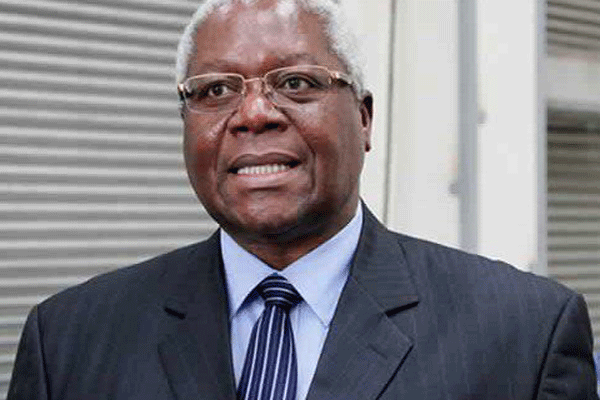
AN application by sexual rights group seeking an order compelling Home Affairs minister Ignatius Chombo and Police Commissioner-General Augustine Chihuri to stop interfering with its sex workers awareness march has been dismissed by the courts.
BY SILAS NKALA

The Sexual Rights Centre (SRC) had filed an application at the Bulawayo High Court citing the Officer Commanding Bulawayo Police, Chihuri and Chombo as respondents.
In a judgment delivered on Thursday by Bulawayo High Court judge Justice Nicholas Mathonsi on behalf of presiding judge Justice Martin Makonese, the court dismissed the application based on the moral consciousness of the society and the laws of Zimbabwe.
“I am persuaded that this court cannot ignore the moral consensus of the society. If the law is out of touch with the moral conscious of society, the law is brought into contempt and results in an absurdity. Morality broadly refers to the morality actually accepted and shared by a given social group,” Justice Makonese ruled.
“The law must reflect and express the moral wishes of that community. It is my finding, therefore, that there ought to be a limitation of the fundamental right to demonstrate based on public morality.”
In their application, the group said it was seeking to stop the police from barring its march for awareness on sexual rights issues in Bulawayo that was meant for December 2015 and remained banned by the police up to today.
They said the police ban was unlawful and must be set aside.
- Chamisa under fire over US$120K donation
- Mavhunga puts DeMbare into Chibuku quarterfinals
- Pension funds bet on Cabora Bassa oilfields
- Councils defy govt fire tender directive
Keep Reading
The respondents opposed the application, indicating that the ban on the event was based on the interest of morality since even the Constitution forbids issues of homosexuals.
On December 11, 2015, SRC wrote a letter to the police requesting a clearance of a peaceful march in Bulawayo, intimating that they were an organisation working with the sex workers and in light of escalating violence against sex workers, they intended to conduct awareness campaigns in efforts to stop the violence.
The SRC submitted that the police flatly refused to grant the march.
A letter from the police declining to clear the march read: “I regret to inform you that this office cannot sanction the event due to fact that sex workers (prostitution) is illegal.”
The SRC returned fire by writing to the police, arguing that they had no legal standing to deny them the right to march and rebutting that prostitution is illegal.
Justice Makonese ruled that sex work was not illegal. He said police erred by blocking the march on the ground of illegality of sex work.
However, he said this did not mean that police had to fold their hands in the event of the march that had a potential of violating the laws of the country or in furtherance of public immorality.
Justice Makonese said the fundamental right of sex work may be limited when it is necessary in the interest of public morality.











